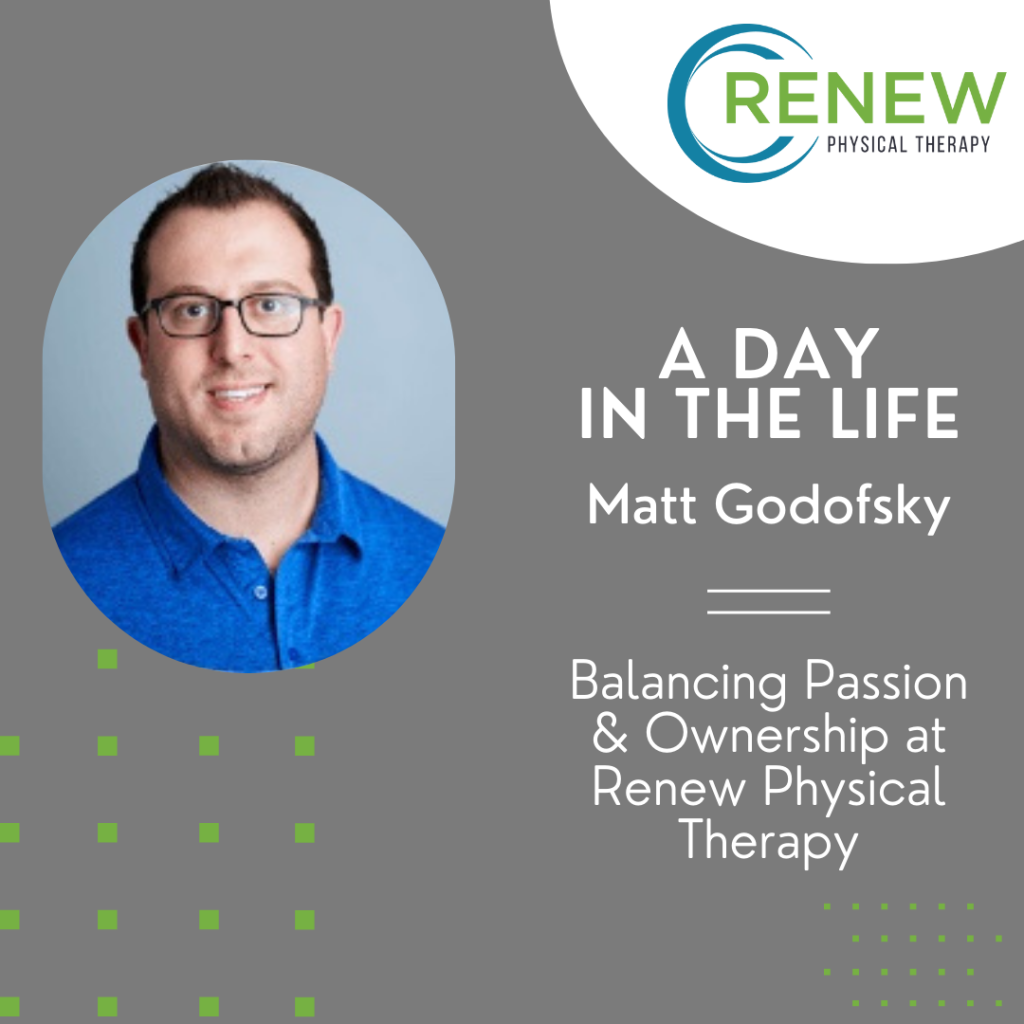Every system of the body – every cell of every organ – requires water in order to function properly.
On a molecular level, says Seattle physical therapist Erik Norwood, this is why hydration is so essential for healing, training and athletic performance.
It’s a fact that remains critical even as we approach the coldest months of the year.
“Water makes it possible for your body to remove toxins, it regulates your body temperature, it helps in digestion, and it keeps your metabolism strong,” said Norwood, owner of Renew Physical Therapy in Seattle.
“Needless to say, whether you’re healing post-injury or post-surgery or recovering from a workout, staying hydrated is critical in your body’s recovery and healing process.”
Norwood points to studies that show those who stay hydrated are generally more alert, have more vibrant skin and have more energy. Some researchers have even shown good hydration is a combatant in two of our nation’s greatest health concerns: heart disease and cancer.
However, it’s estimated that up to three-quarters of the U.S. population simply doesn’t drink enough water.
“These are people who often experience the effects of chronic dehydration: fatigue during the day, weakness, a low metabolism, headaches, a fuzzy memory, and even thirst mistaken as hunger,” said Norwood. “It’s no wonder so many people say they feel sluggish both physically and mentally throughout the day.”
So how much water should a person drink each day to stay hydrated? It depends on his or her size and level of activity, Norwood says.
But, many medical experts have begun to circle around a simple rule of thumb.
Consuming water equal to one-half of one’s body weight (in ounces) can help alleviate many of the symptoms of dehydration. This can lead to more energy, more alertness, fewer hunger pangs, and improved healing/recovery.
So, for example, a 150-pound person would require 75 ounces (9 cups) of water per day, a 200-pound person would require 100 ounces (12 ½ cups) of water, and so on.
“Those exercising at a higher intensity will of course need to increase this amount,” Norwood said. “These are minimum requirements, so don’t let them keep you from drinking more if you’re thirsty.”
If one is struggling to consume enough water each day, or feel that pain or injury may be affecting their ability to exercise and “live life,” the physical therapy team at Renew Physical Therapy can help.
Norwood invites you to stop in for an evaluation, the first step in getting you back on track toward your movement, performance and life goals.


